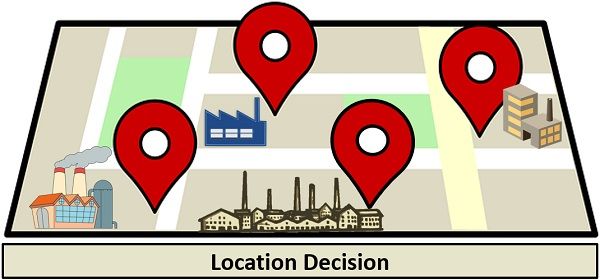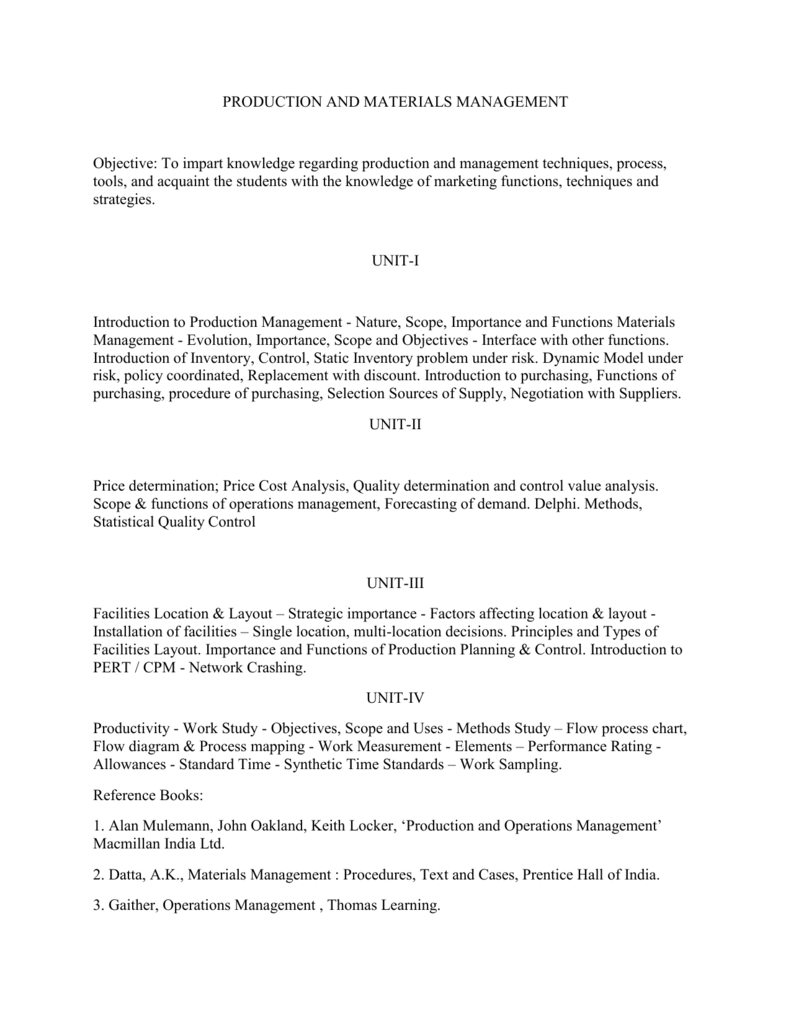Operations management is the process of planning, organizing, and supervising the production and delivery of goods and services. One important aspect of operations management is the decision of where to locate an organization's operations. The location decision can have a significant impact on the efficiency, effectiveness, and competitiveness of the organization. Therefore, it is important for operations managers to carefully consider a number of factors when making this decision.
One key factor that affects location decisions is access to raw materials and resources. An organization needs to have access to the materials and resources required to produce its goods or deliver its services. For example, a manufacturing company may need to locate near a source of raw materials, such as iron ore for steel production. A service organization, on the other hand, may need to locate near its customers or clients.
Another factor that affects location decisions is the availability of skilled labor. An organization needs a workforce with the necessary skills and expertise to carry out its operations. Some locations may have a more highly skilled labor force than others, which can be a deciding factor in the location decision. This is particularly important for organizations that rely on highly specialized workers or that operate in industries with a limited labor pool.
The cost of doing business is another important factor that affects location decisions. This includes both the direct costs of production, such as the cost of raw materials and labor, as well as indirect costs, such as taxes, utilities, and transportation expenses. Organizations may choose to locate in areas where these costs are lower in order to increase their competitiveness and profitability.
The local business environment and regulatory climate is another factor that can impact location decisions. For example, an organization may choose to locate in an area with a supportive business environment, such as a region with strong economic growth and a favorable tax climate. On the other hand, an organization may avoid locations with burdensome regulations or a negative business climate.
Finally, organizations may consider the social and cultural factors of a location when making a location decision. This includes factors such as the quality of life for employees and the local community, as well as the cultural fit of the organization with the local community. An organization that values sustainability, for example, may choose to locate in a region with a strong commitment to environmental protection.
In conclusion, there are many factors that can affect location decisions in operations management. Organizations need to consider access to raw materials and resources, the availability of skilled labor, the cost of doing business, the local business environment and regulatory climate, and social and cultural factors when choosing where to locate their operations. Careful consideration of these factors can help organizations make informed location decisions that support their efficiency, effectiveness, and competitiveness.


:max_bytes(150000):strip_icc()/What-factors-influence-microeconomic_round2-b5aa0bb64b7045819fc19c99649d7482.png)





